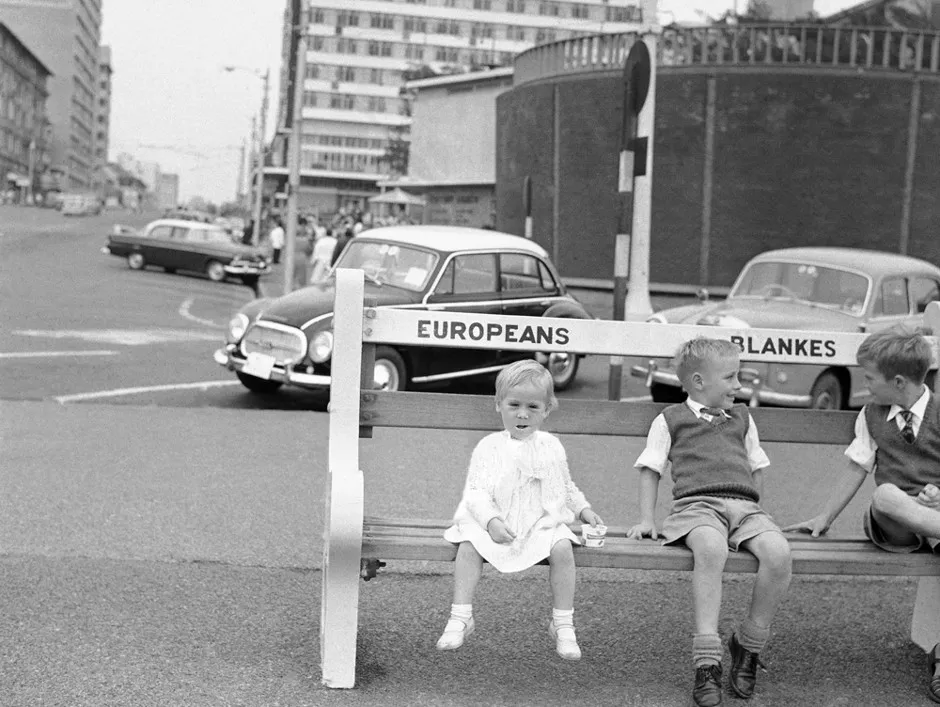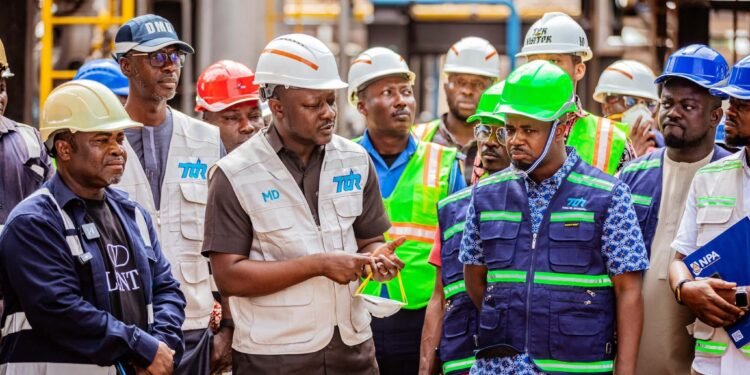President Cyril Ramaphosa has announced the establishment of a judicial commission of inquiry to investigate whether successive South African governments, all led by the African National Congress (ANC), deliberately obstructed justice for apartheid-era crimes.
This decision follows long-standing demands by victims’ families and marks a turning point in South Africa’s confrontation with its past.
According to a statement from the presidency, the inquiry will examine claims of “improper influence in delaying or hindering” investigations and prosecutions related to crimes committed during apartheid.
These allegations have shadowed ANC-led governments since the dawn of democracy in 1994. “President Ramaphosa appreciates the anguish and frustration of the families of victims, who have fought for so many years for justice,” his office stated, acknowledging the pain felt by those who have waited decades for answers.
The announcement comes on the heels of a legal challenge filed in January by 25 survivors and family members of victims of apartheid-era abuses. They accuse the state of failing to act on the Truth and Reconciliation Commission’s (TRC) recommendations to pursue justice in unresolved killings, disappearances, and other human rights violations.
Set up in 1996 by former President Nelson Mandela and chaired by Archbishop Desmond Tutu, the TRC sought to lay bare the horrors of apartheid. It offered conditional amnesty to perpetrators who fully disclosed their roles in crimes and encouraged a process of national healing. However, critics have long argued that while the commission exposed the truth, the justice component was largely abandoned.

Justice Delayed Sparks National Reckoning
A particularly haunting case is that of the Cradock Four — a group of Black anti-apartheid activists abducted and murdered by security forces in 1985. Their charred remains were discovered later, with strong suspicions of torture. Despite clear indications of state involvement, no prosecutions have taken place, and the full details remain obscured.
This case, emblematic of the thousands of atrocities committed during apartheid, has become a symbol of the state’s inaction. Among those demanding justice is Lukhanyo Calata, son of Fort Calata, one of the murdered Cradock Four. Calata is part of the group that initiated the recent lawsuit against the government.
At the start of the court case in January, Calata criticized the state’s failure to act on the TRC’s findings. He specifically pointed to the government of former President Thabo Mbeki, who held office from 1999 to 2008, as marking the beginning of a systematic neglect of justice for victims.
“He and other relatives say that government ministers intervened to prevent the investigation and prosecution of crimes.” These claims suggest deliberate interference, raising difficult questions about the ANC’s role not just as a liberation movement, but as a governing party responsible for justice.
Though the ANC led the struggle to dismantle apartheid, it has faced growing criticism for prioritizing national reconciliation at the expense of holding perpetrators accountable. The new inquiry aims to unearth whether that reconciliation was, in effect, purchased with silence and denial.
Midway through South Africa’s third decade of democracy, Ramaphosa’s move is seen by many as both a moral reckoning and a legal necessity. It may also prove politically risky, as it could expose members of past administrations to scrutiny.
However, families of the victims believe this step is long overdue. Their campaign for justice has spanned generations, propelled by what they describe as the state’s betrayal of truth and justice. For them, the wounds of apartheid are not just historical — they are perpetuated by the failure to pursue accountability.
As the judicial commission prepares to begin its work, the nation will watch keenly because for many, this is not only about the past, it is about whether South Africa’s democratic institutions can still deliver justice where it has long been denied.
READ ALSO: National Apprenticeship Programme Launched to Tackle Youth Unemployment























